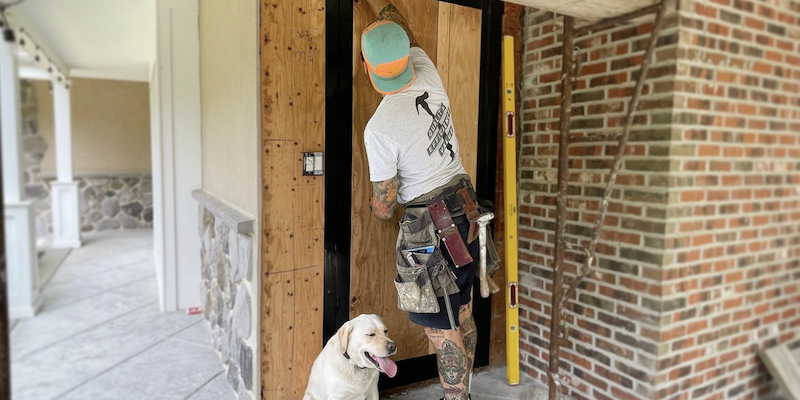I recently had a consulting call with a small builder and remodeler who was pricing his time at the same hourly rate as his field crew. On paper, it might seem fair, he’s swinging a hammer too, but in reality, it’s a flawed approach that undercuts both the value of his role and the financial health of his business.
In any small business, particularly in construction, the most limited and valuable resource is time. Especially your time. Unlike larger firms with dedicated staff for every function, small builders are often wearing every hat: owner, operator, project manager, estimator, laborer, and administrator. And yet, many don’t capture the true cost of that time. They bill their own hours like a lead carpenter, forgetting that they are also the one responsible for keeping the ship afloat.
Here’s the core issue: when the owner’s time is billed out at the same rate as a crew member, you’re completely ignoring the opportunity cost. Could your time be better spent elsewhere? Lining up future work, developing systems, managing subs, or selling your next project? When you reduce your worth to a basic hourly rate, you’re not only undercharging for your labor, but also discounting your strategic value, your risk, and the overhead you carry on your shoulders.
Let’s play it out: imagine your business shrinks tomorrow and you no longer have employees to generate revenue for you. Could you survive on that hourly rate alone? Probably not. Yet many of us build our pricing models as if that’s the case, ignoring overhead, underestimating the admin burden, and wondering why profitability is so elusive.
In an ideal world, we would have clear and separate line items for every part of the business: field labor, estimating, project management, equipment, insurances, marketing, office staff, and overhead. But most small businesses don’t have those numbers dialed in. They’re either not tracked or not properly allocated. And without that understanding, billing yourself like a carpenter instead of a business owner becomes just one piece of a larger problem, mispricing your services, misunderstanding your costs, and undervaluing your role.
Now consider this: if you were to step back from the tools and spend your time building the business, marketing, selling, securing materials, staging jobs, scheduling trades, running payroll; what would that look like? Odds are, you’d have fewer billable hours, but your business would run more efficiently and become more profitable. That’s not theory, that’s a fact I see play out again and again.
So when you straddle both worlds, working in the field while also running the business, but you’re only billing for one at a discounted rate, you’re setting yourself up for failure. You’d be far better off reducing your field hours and reallocating that time toward building systems that lead to sustainability, profitability, and clarity. You don’t have to do it all forever, and you shouldn’t be charging yourself like you do.
